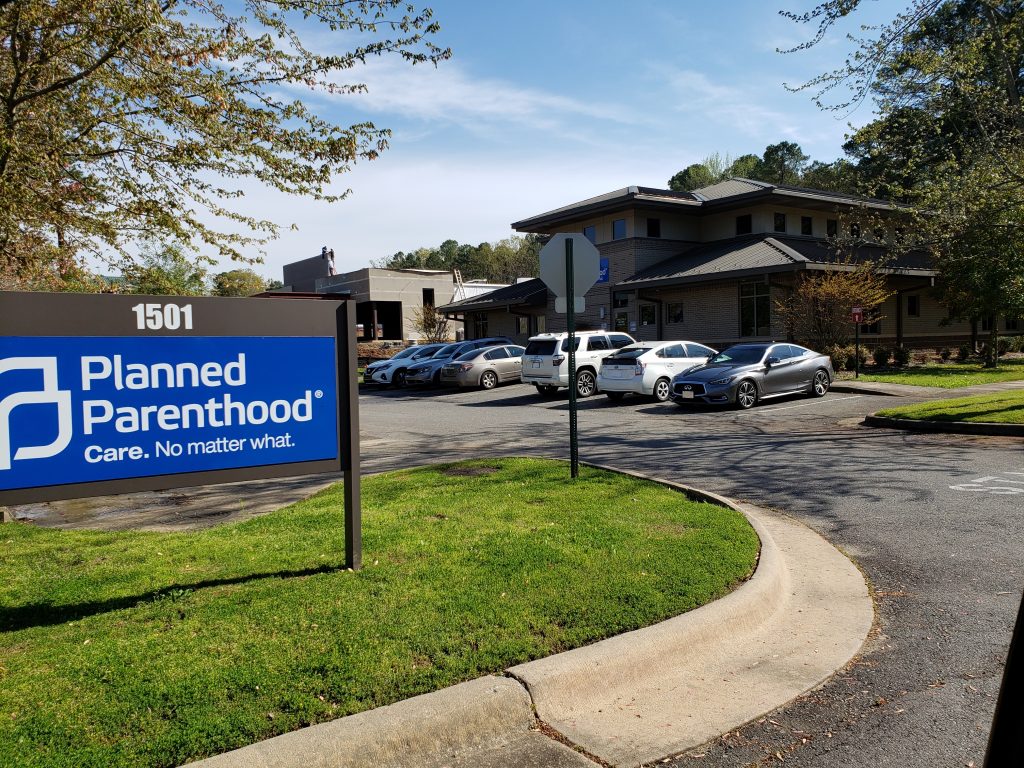Arkansas Senate Passes Bill to Repeal Abortion Facility Licensing Requirements

On Thursday the Arkansas Senate passed a bill that repeals licensing requirements for abortion facilities in Arkansas law. The measure now goes to Gov. Sanders’ office.
S.B. 138 by Sen. Missy Irvin (R – Mountain View) and Rep. Rebecca Burkes (R – Lowell) eliminates a provision in Arkansas law that says any facility that performs abortions must be licensed by the Arkansas Department of Health.
The Arkansas Department of Health has said Arkansas should repeal the licensing requirement, because abortion is now prohibited except to save the life of the mother.
Arkansas’ abortion facility licensing requirement is tied to other provisions related to abortion in state code. Repealing the licensing requirement could have unintended consequences for those good laws if abortion were once again made legal by a state or federal court decision or law.
Pro-lifers have asked lawmakers to amend S.B. 138 or pass follow-up legislation that would help address unintended consequences that could arise from the bill.





